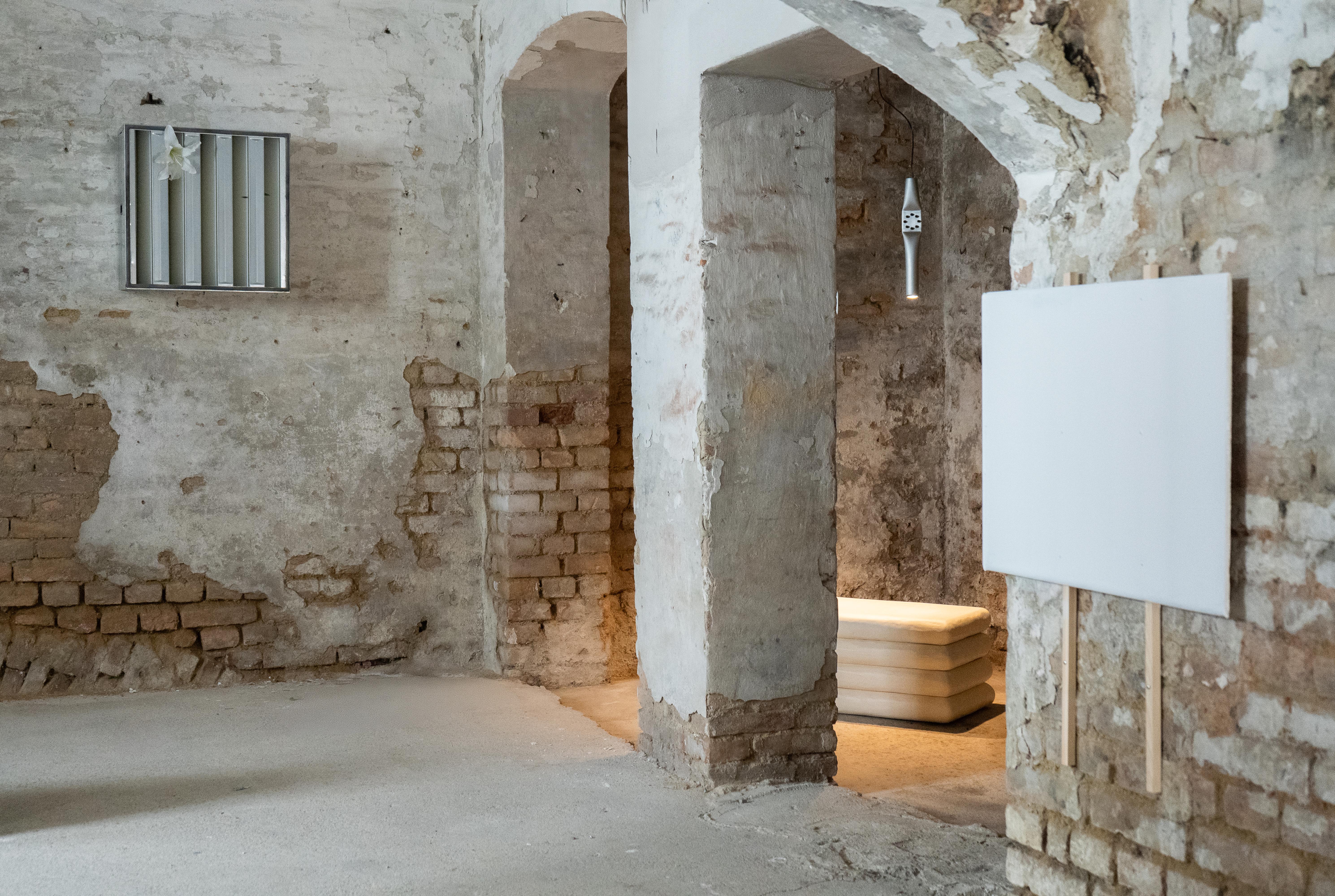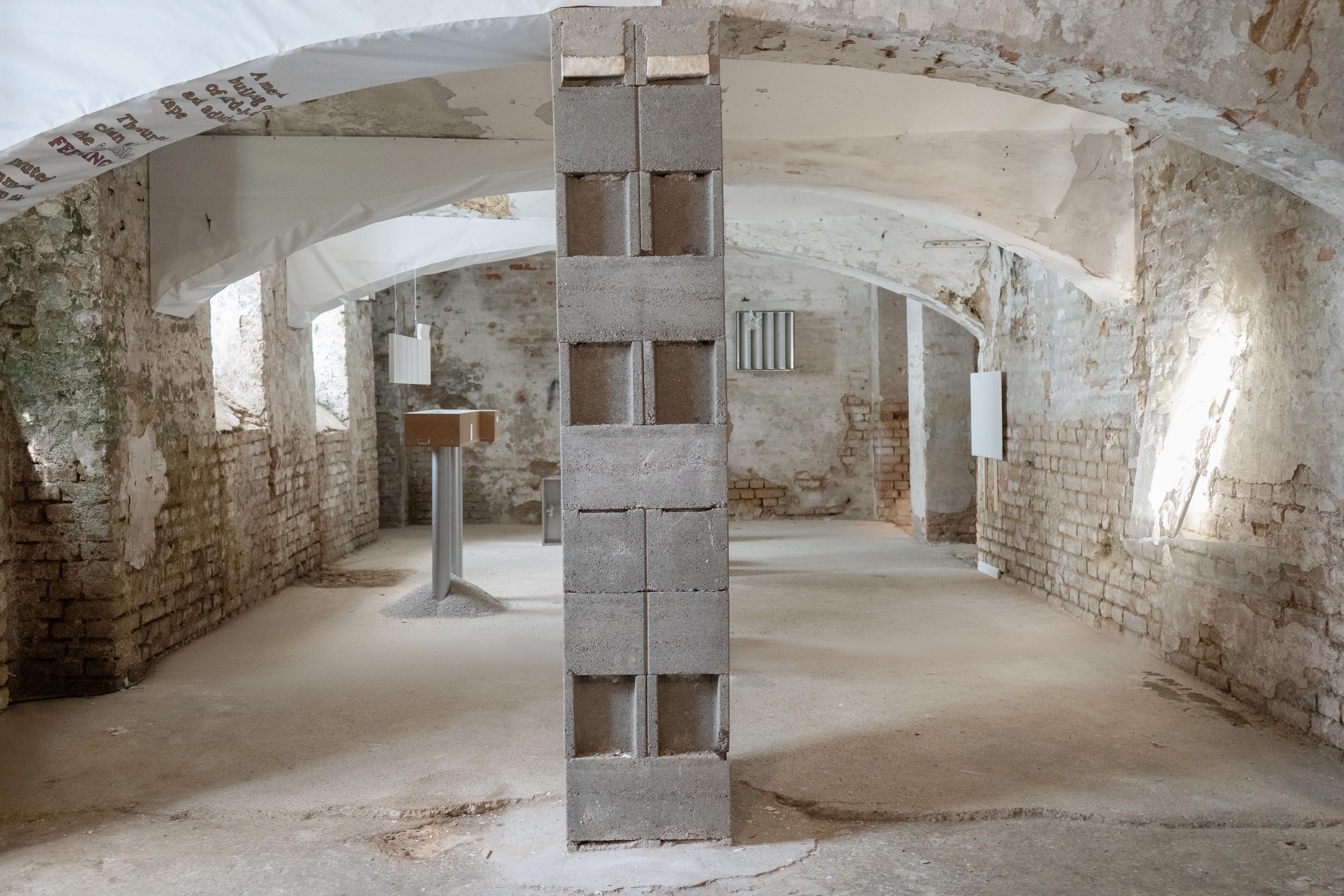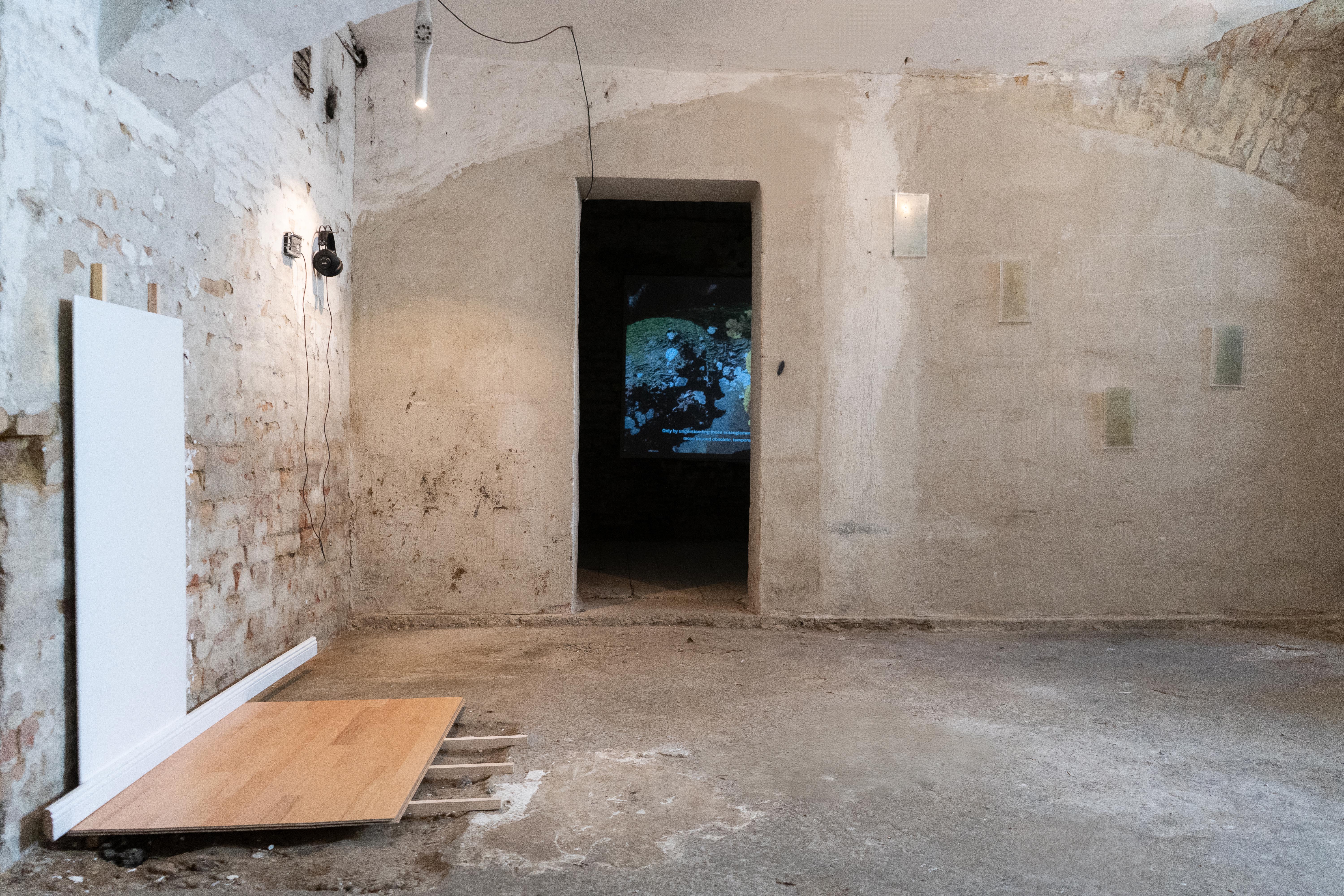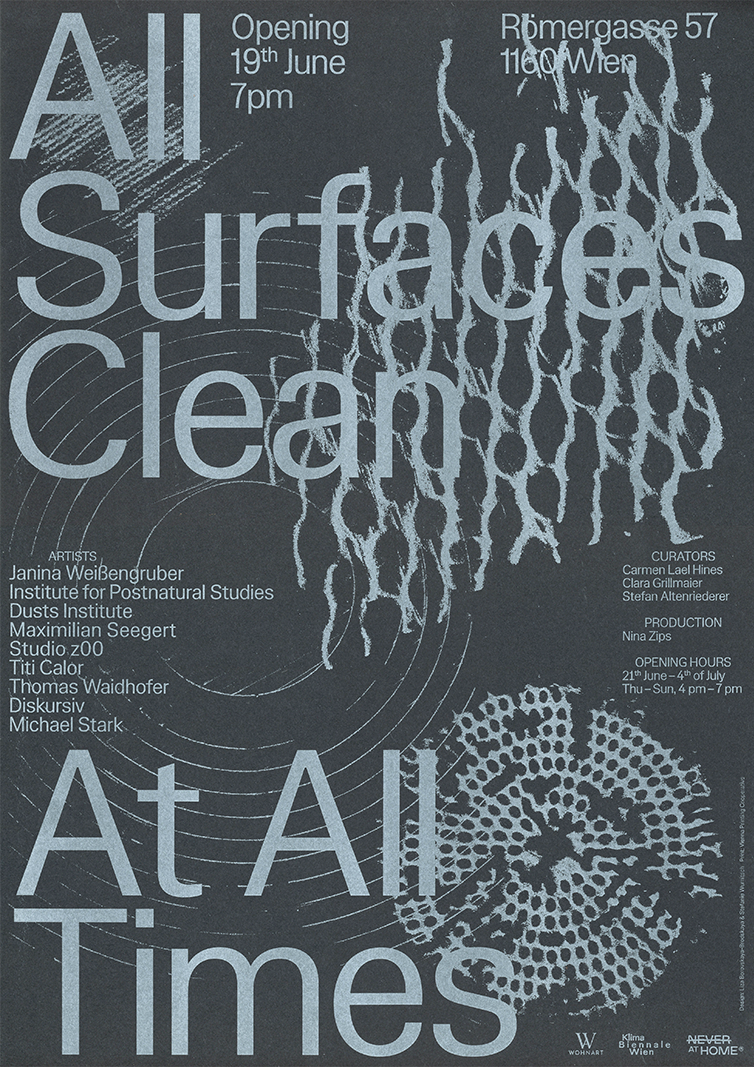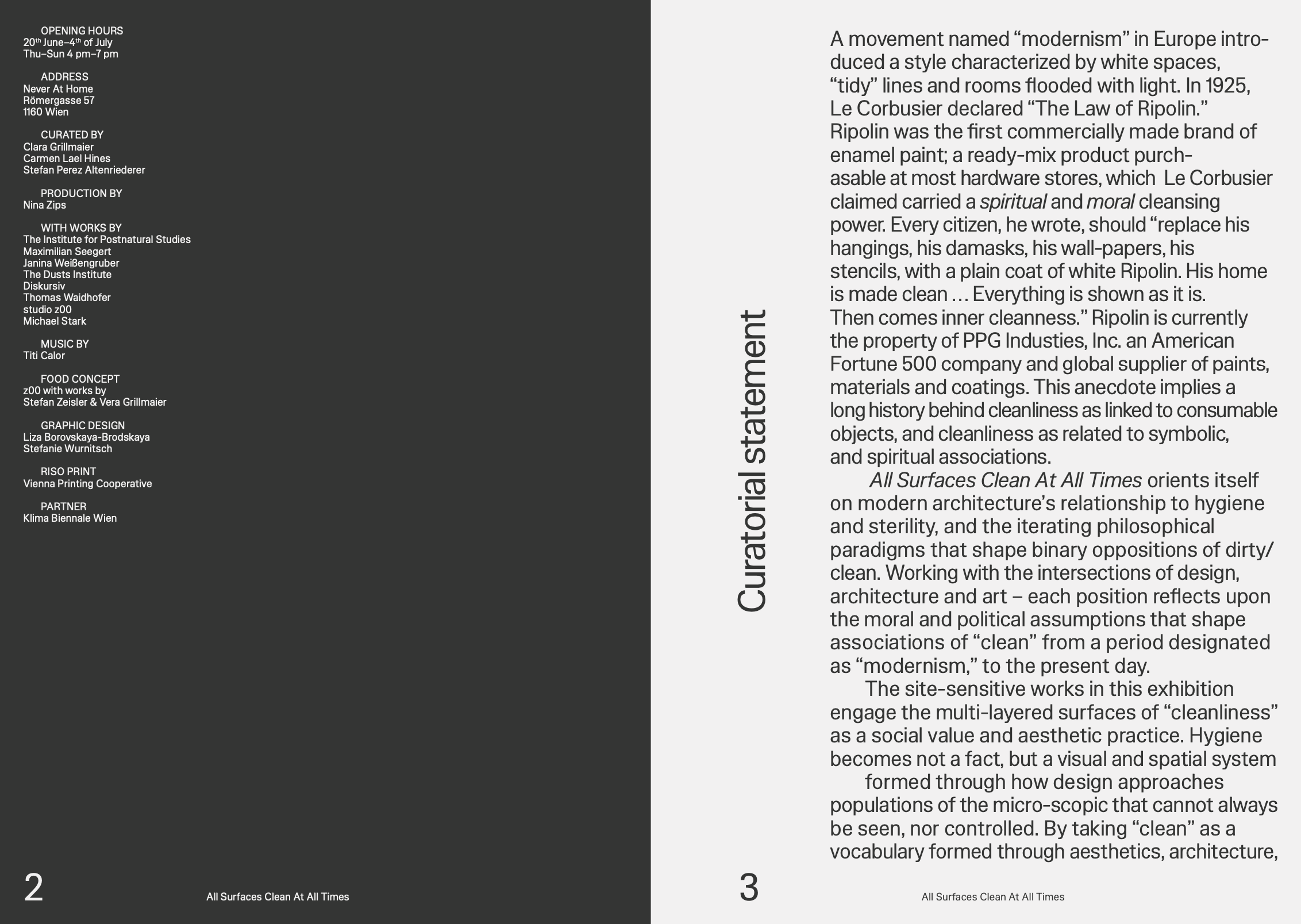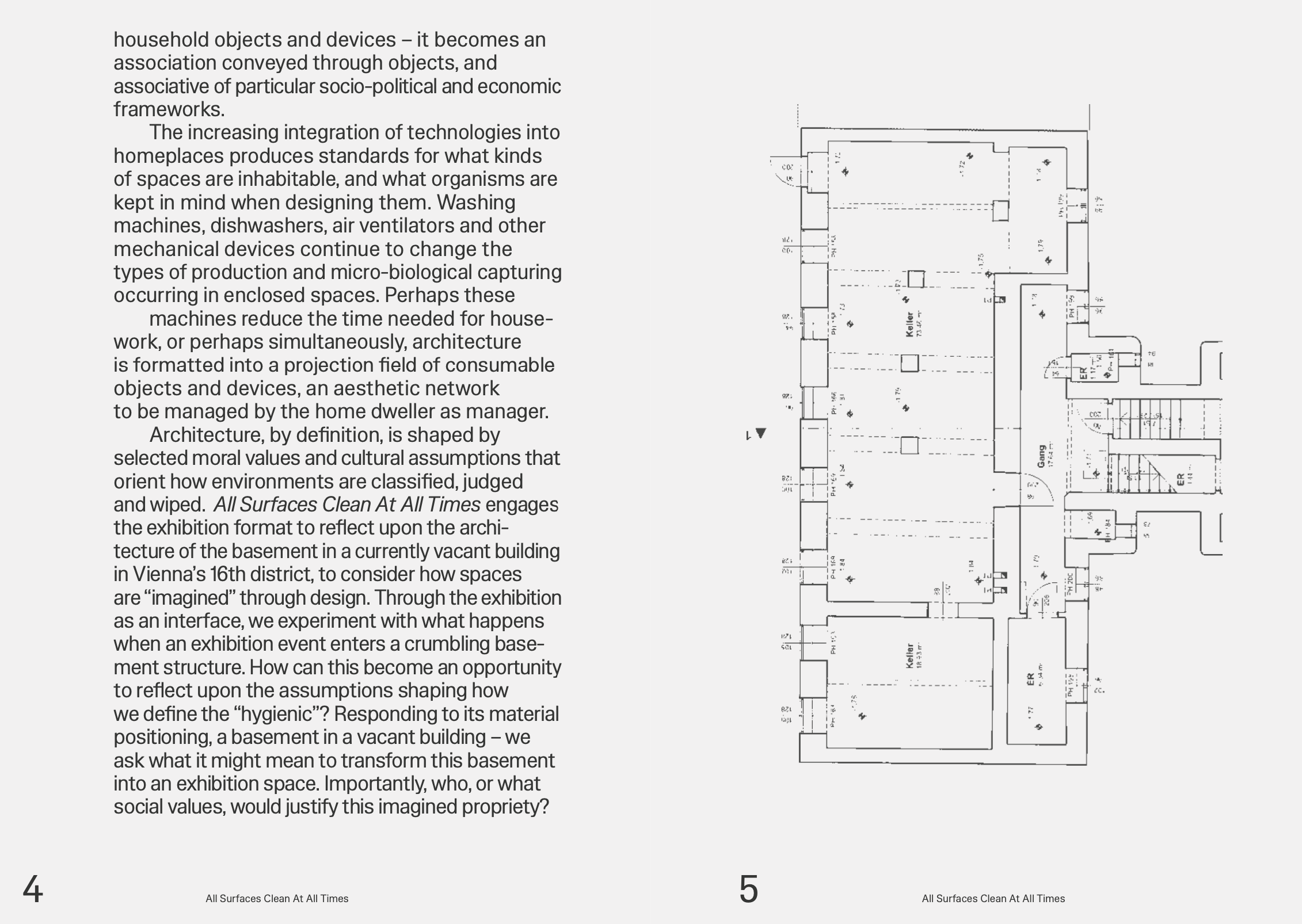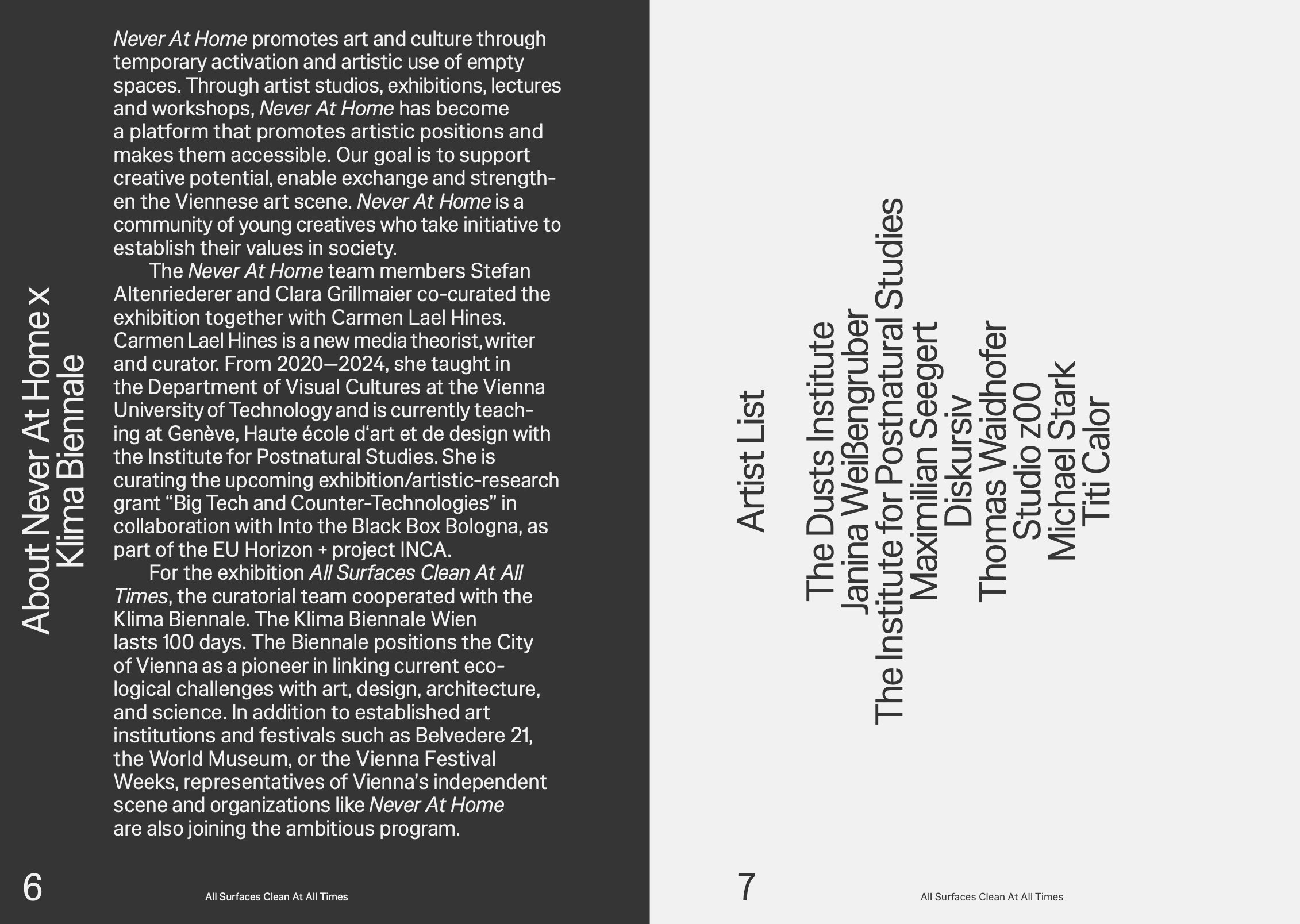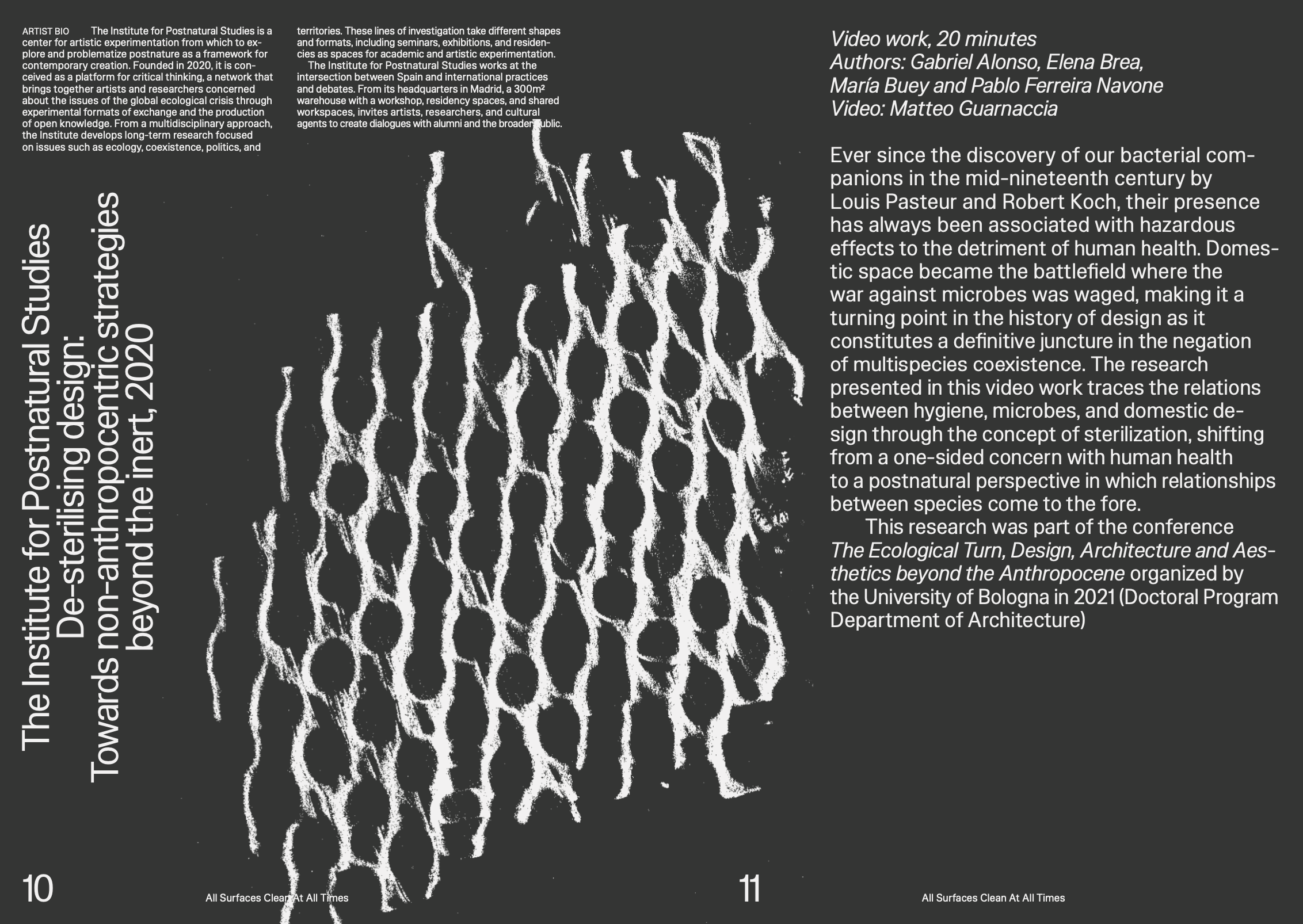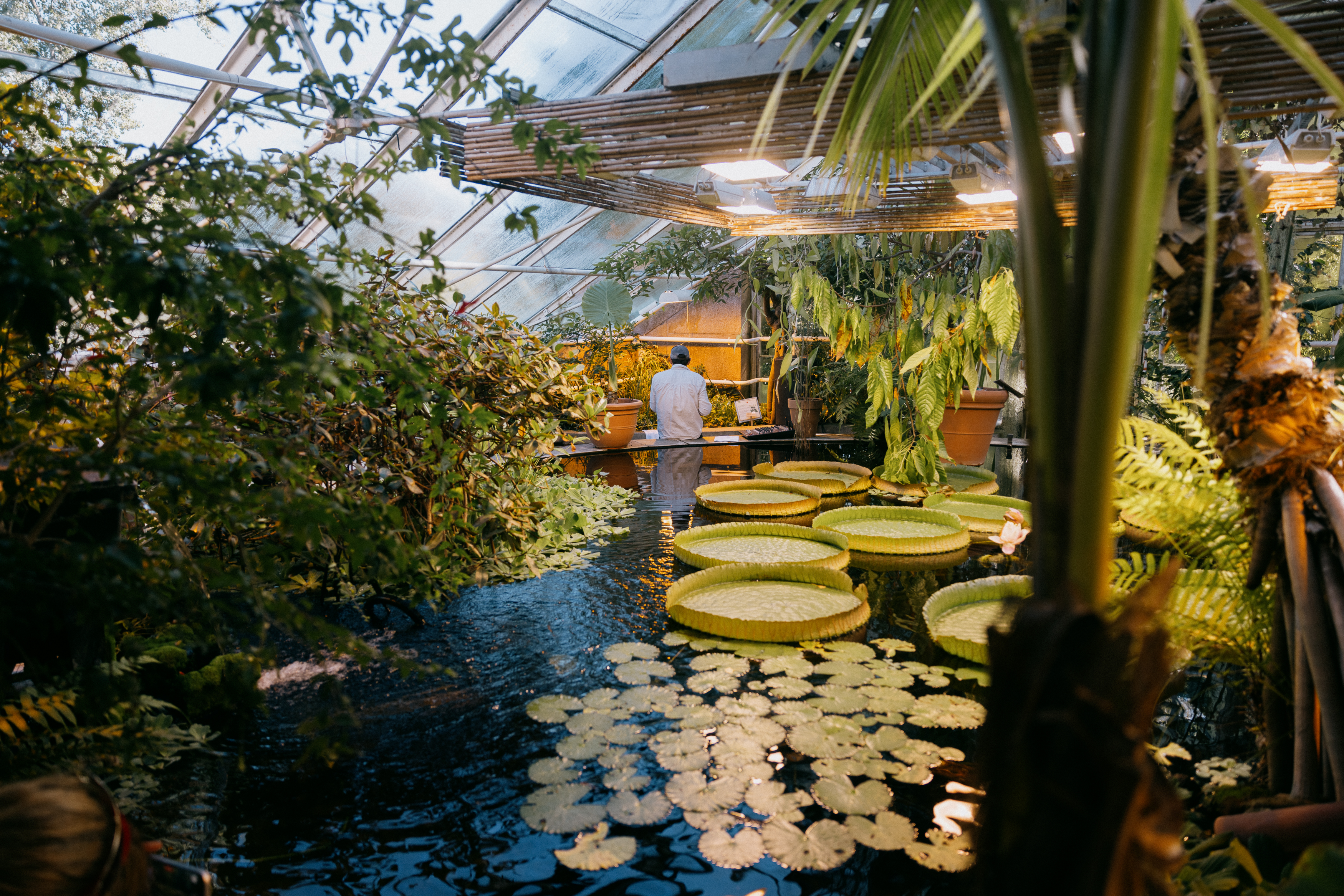ALL SURFACES CLEAN AT ALL TIMES
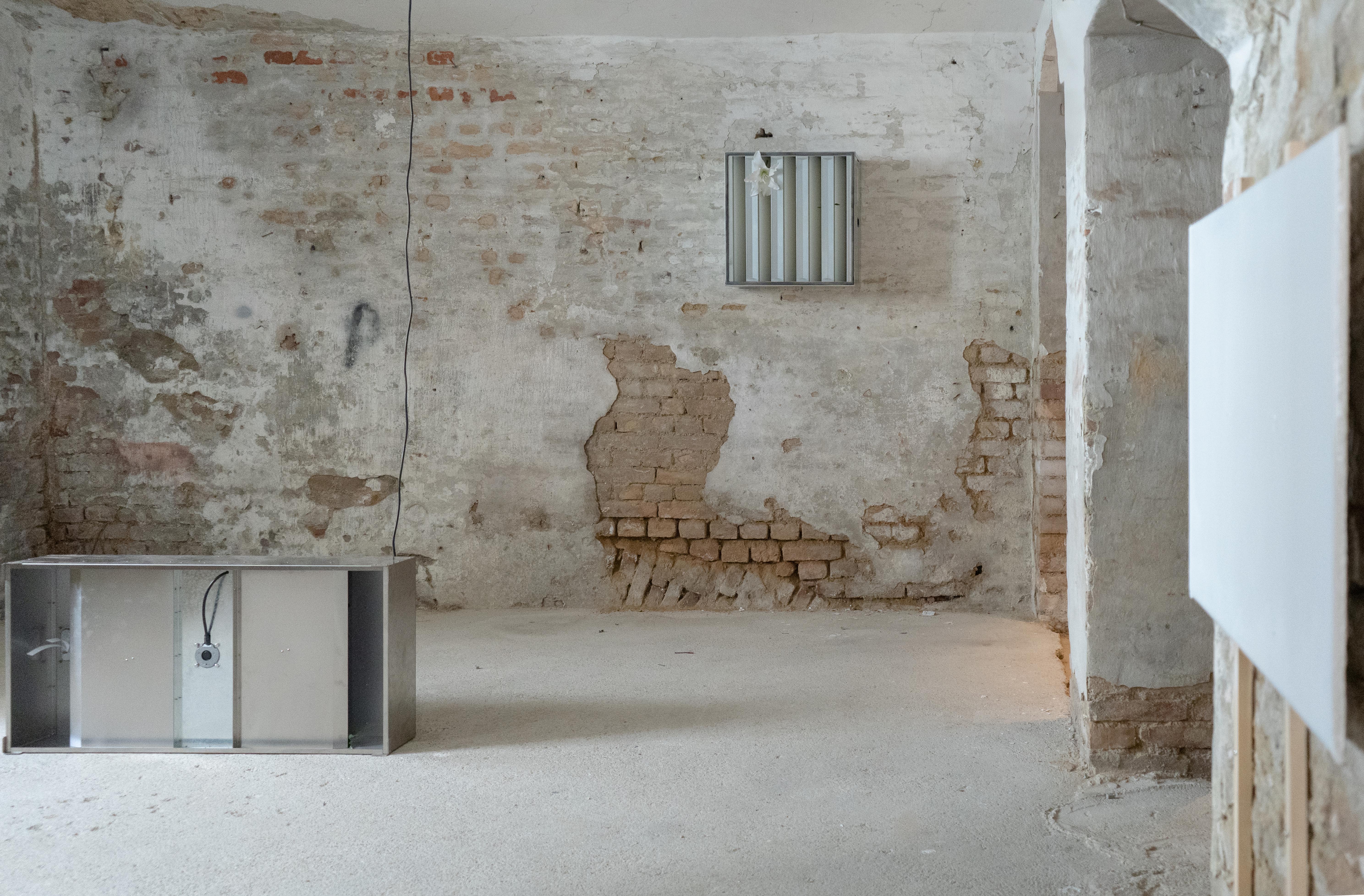
General Info
- Location
-
Never at Home, Wien
- Date
-
20/06/2024 – 04/07/2024
- Typology
-
Exhibition
- Curated by
-
Clara Grillmaier, Carmen Lael Hines, Stefan Perez Altenriederer
- Artists
-
Maximilian Seegert, Janina Weißengruber, The Dusts Institutel, Diskursiv, Thomas Waidhofer, studio z00, Michael Stark, Institute for Postnatural Studies
Curatorial Statement
All Surfaces Clean At All Times orients itself on modern architecture’s relationship to hygiene and sterility, and the iterating philosophical paradigms that shape binary oppositions of dirty/clean. Working with the intersections of design, architecture and art—each position reflects upon the moral and political assumptions that shape associations of “clean” from a period designated as “modernism,” to the present day.
A movement named “modernism” in Europe introduced a style characterized by white spaces, “tidy” lines and rooms flooded with light. In 1925, Le Corbusier declared “The Law of Ripolin.” Ripolin was the first commercially made brand of enamel paint; a ready-mix product purchasable at most hardware stores, which Le Corbusier claimed carried a spiritual and moral cleansing power. Every citizen, he wrote, should “replace his hangings, his damasks, his wall-papers, his stencils, with a plain coat of white Ripolin. His home is made clean […] Everything is shown as it is. Then comes inner cleanness.” Ripolin is currently the property of PPG Industries, Inc., an American Fortune 500 company and global supplier of paints, materials and coatings. This anecdote implies a long history behind cleanliness as linked to consumable objects, and cleanliness as related to symbolic, and spiritual associations.
The increasing integration of technologies into homeplaces produces standards for what kinds of spaces are inhabitable, and what organisms are kept in mind when designing them. Washing machines, dishwashers, air ventilators and other mechanical devices continue to change the types of production and micro-biological capturing occurring in enclosed spaces. Perhaps these machines reduce the time needed for housework, or perhaps simultaneously, architecture is formatted into a projection field of consumable objects and devices, an aesthetic network to be managed by the home dweller as manager. Architecture, by definition, is shaped by selected moral values and cultural assumptions that orient how environments are classified, judged and wiped. All Surfaces Clean At All Times engages the exhibition format to reflect upon the architecture of the basement in a currently vacant building in Vienna’s 16th district, to consider how spaces are “imagined” through design. Through the exhibition as an interface, we experiment with what happens when an exhibition event enters a crumbling basement structure. How can this become an opportunity to reflect upon the assumptions shaping how we define the “hygienic”? Responding to its material positioning, a basement in a vacant building—we ask what it might mean to transform this basement into an exhibition space. Importantly, who, or what social values, would justify this imagined propriety?
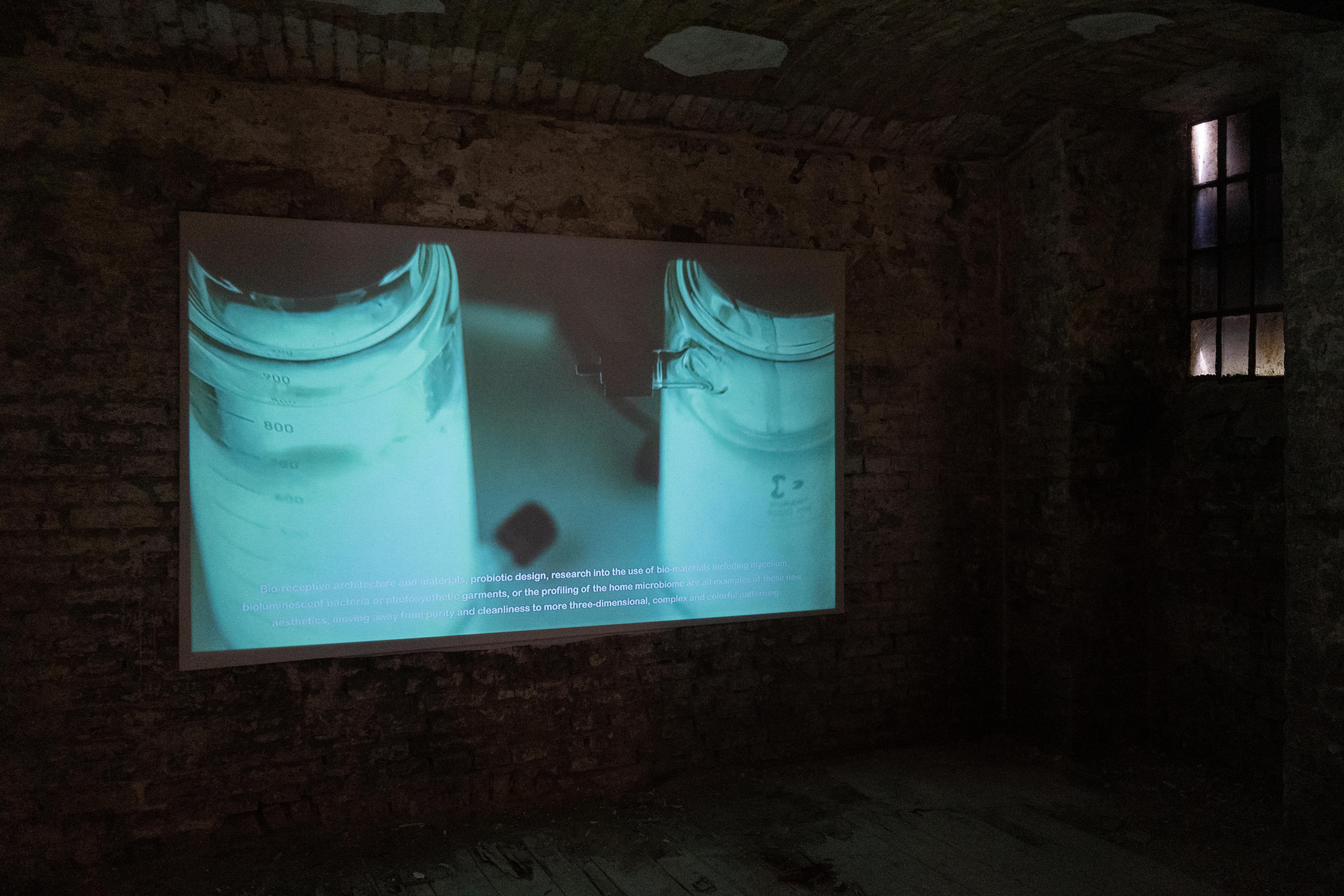
De-sterilizing Design, Work Projection
The site-sensitive works in this exhibition engage the multi-layered surfaces of “cleanliness” as a social value and aesthetic practice. Hygiene becomes not a fact, but a visual and spatial system formed through how design approaches populations of the microscopic that cannot always be seen, nor controlled. By taking “clean” as a vocabulary formed through aesthetics, architecture, Household objects and devices—it becomes an association conveyed through objects, and associative of particular socio-political and economic frameworks. The increasing integration of technologies into homeplaces produces standards for what kinds of spaces are inhabitable, and what organisms are kept in mind when designing them. Washing machines, dishwashers, air ventilators and other mechanical devices continue to change the types of production and micro-biological capturing occurring in enclosed spaces. Perhaps these machines reduce the time needed for housework, or perhaps simultaneously, architecture is formatted into a projection field of consumable objects and devices, an aesthetic network to be managed by the home dweller as manager.
Architecture, by definition, is shaped by selected moral values and cultural assumptions that orient how environments are classified, judged and wiped. All Surfaces Clean At All Times engages the exhibition format to reflect upon the architecture of the basement in a currently vacant building in Vienna’s 16th district, to consider how spaces are “imagined” through design. Through the exhibition as an interface, we experiment with what happens when an exhibition event enters a crumbling basement structure.
How can this become an opportunity to reflect upon the assumptions shaping how we define the “hygienic”? Responding to its material positioning, a basement in a vacant building—we ask what it might mean to transform this basement into an exhibition space. Importantly, who, or what social values, would justify this imagined propriety?
Exhibition Catalogue
Credits
- Production
-
Nina Zips
- Graphic Design
-
Liza Borovskaya-Brodskaya, Stefanie Wurnitsch
- Partner
-
Klima Biennale Wien
